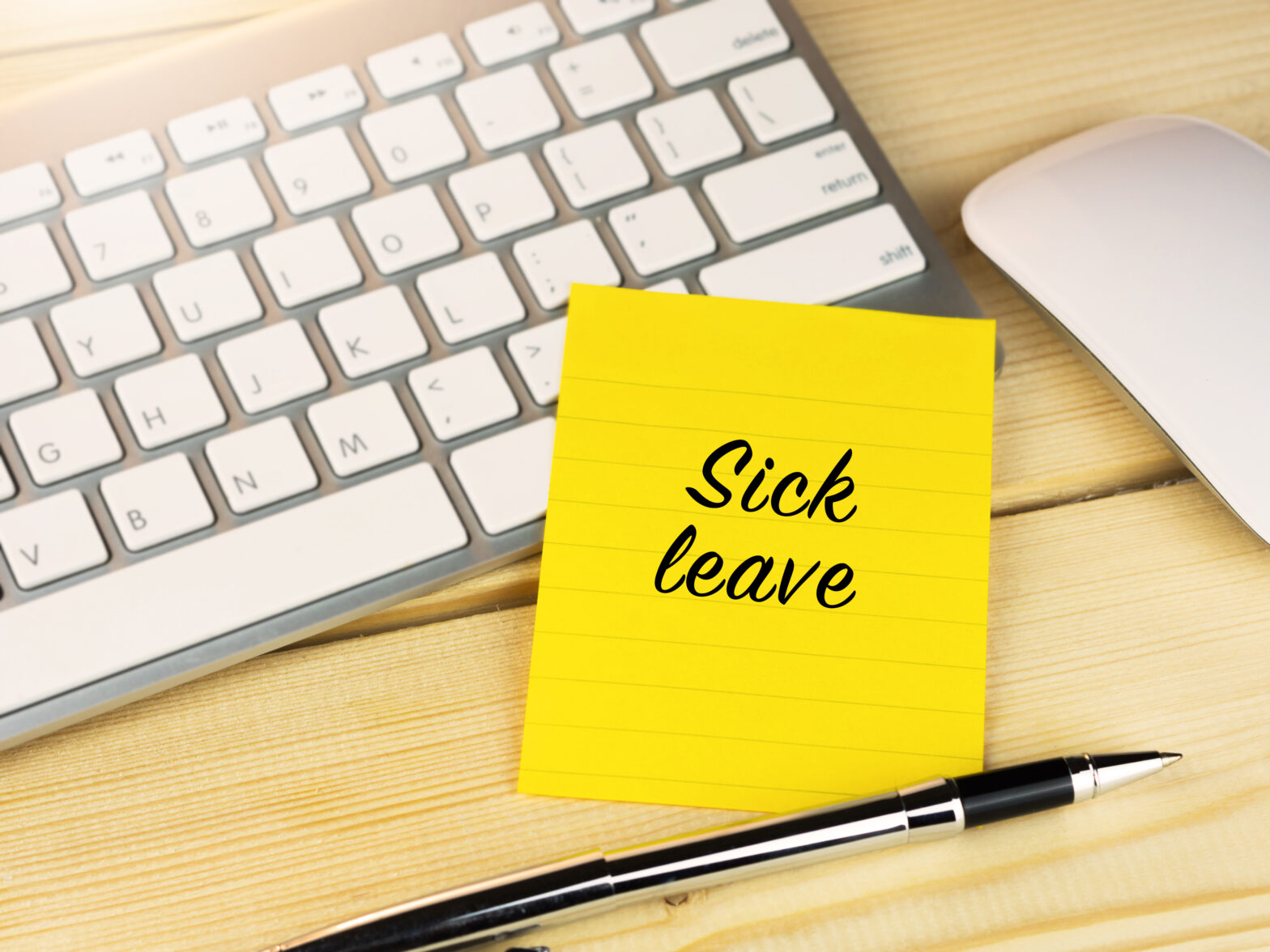With ‘It’s coming home’ fever sweeping the nation, line managers (affectionately renamed ‘linos’ for the duration of the World Cup) will be wary of employees calling in ‘sick’ the morning after the night before.
Indeed, during the England-Belgium game in the group stages of the FIFA World Cup, Google searches of ‘reasons to call in sick’ spiked by 54 per cent.
Similarly, research commissioned by the London-based agency Centropy PR, found that one in ten people were planning to pull a sickie if England beat Colombia in their round of 16 game – which, in case you’ve been under a rock, they did.
While some managers may already have been short of staff, even more will be nervously eyeing up the calendar. England’s next game, the semi-final against Croatia, may leave employers worried about staff who are due to work on Thursday.
While the World Cup and Wimbledon capture the attention of sport fans across the country, some businesses will benefit from a boom in trade (particularly in the hospitality industry as fans go out to socialise and enjoy the spectacle), but other businesses may feel the strain through unauthorised absences.
However, being prepared and capable of managing absences is an important part of being a business owner and people manager. If you’re prepared ahead of big events you can ensure that you don’t end up short-staffed.
Here’s some general advice ahead of big events.
Carrot or stick?
If you’re pre-empting some absences, authorised or otherwise, it may be worth considering the significance of the event which will cause it. Is it something that everyone will want to attend? And if so, can you circumnavigate potential issues by offering everyone time off?
It’s radical, but for some things of national significance, like a World Cup final or a Royal Weddings (the latter pales into insignificance compared to the former) it’s hard to see how businesses could expect their staff to work through. There are several ways to potentially accommodate this; swapping shifts, altering opening hours, or offering the option to work from home, for example.
If you can’t see the business sense in doing something like this, then make concessions where possible to maintain morale and relations.
See also:
Flexible workplaces advocated for Olympics period
Absenteeism and presenteeism
It is estimated that the cost of ill health, sick leave and absenteeism costs the UK economy as much as £77.5 billion each year. Of course, sick leave is often entirely necessary; when employees are unwell, they won’t be able to contribute or work as effectively. If your staff are genuinely sick, it’s important to let them have necessary time off to recover.
This is because the dangers of presenteeism – when employees feel pressure to come in to work while genuinely sick – can negatively impact both the employee and the business. Presenteeism is estimated to cost business as much as £15 billion each year.
To avoid unnecessary stress on your staff, emphasise the importance of appropriate action when sick. If they need a day of recovery, then let them know that’s the best course of action.
See also:
Pulling a sickie is costing the UK economy £900 million
Coming into the office sick: The effect of presenteeism on small businesses
Policies and communication are key
Finally, where you can be prepared in advance – make sure that you and your staff communicate as far in advance as possible about big events.
As a manager (or business owner), it’s your responsibility to make clear what is and isn’t acceptable, including the inappropriate use of sick days or other unauthorised leave.
Having policy around leave, including return-to-work interviews, and in case of escalation, disciplinary procedures such as warnings and hearings for repeat offenders, can help to discourage irresponsible behaviour.
With enough notice and communication, it should be possible to come to an arrangement that suits everyone.
Communicate important, upcoming dates and let staff know what is expected of them in terms of turning up, any advance notice for time off, and so on.
Conor McArdle is content executive at Brighter Business






